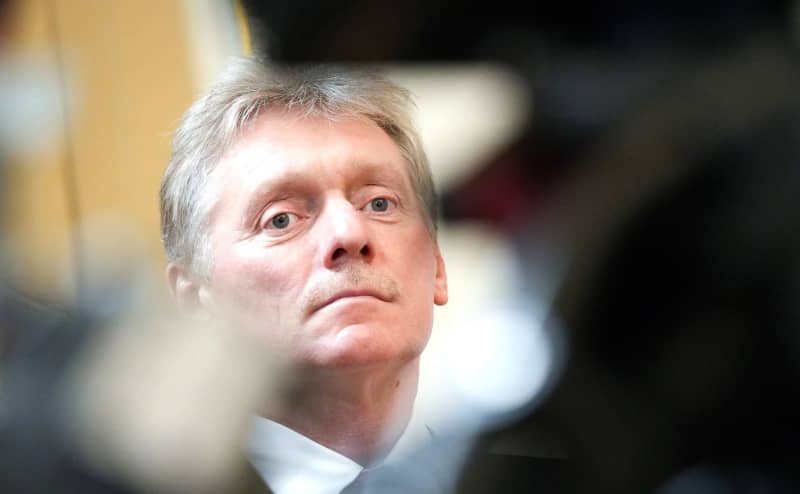According to the German parliament’s lower house (Bundestag) Research Services, the deployment of ground troops by a NATO country in Ukraine would not automatically make all other NATO countries parties to the conflict.
It is true that the state in question would itself become a party to the conflict, as emerges from an as yet unpublished state of affairs report of the parliamentary expert panel.
“If the NATO member state acts unilaterally – i.e. not within the framework of a previously decided NATO operation and outside NATO military command structures – neither NATO as a whole nor the other NATO partner states become parties to the conflict,” the paper, which was made available to dpa, continues.
At the end of February, French President Emmanuel Macron did not rule out the deployment of ground troops in Ukraine in the future. German Chancellor Olaf Scholz, on the other hand, clearly rejected the deployment of Western soldiers to Ukraine.
According to her office, AfD Bundestag member Beatrix von Storch then asked what impact a deployment of ground troops by a NATO state would have with regard to the so-called Alliance case, in which NATO members are obliged to stand up for each other.
The Bundestag experts wrote “If troops of a NATO member state engage in collective self-defence (Article 51, UN Charter) in favour of Ukraine in an existing conflict (between Russia and Ukraine) and are attacked by the other party to the conflict (Russia) in the course of the battle in the conflict area, this does not constitute a case of Art. 5 NATO Treaty.”
They pointed out that, Article 5 of the NATO Treaty is linked to NATO countries and troops being attacked on or over their territory.
“A military engagement of French ground troops in favour of Ukraine would be based on the collective right of self-defence under Article 51 of the UN Charter and would therefore be permissible under international law,” the paper states.
“A military reaction by Russia against targets in France, on the other hand, would constitute an “armed attack” (contrary to international law) within the meaning of Art. 5 of the NATO Treaty, which would establish the factual requirements for a proclamation of the NATO alliance case.”
The Research Services are a subdivision of the Bundestag consisting of eight specialized departments with around 100 employees, as can be seen from a Bundestag information sheet.
The experts research topics at the request of individual MPs and also for Bundestag committees. They produce brief information, documentation, factual reports, detailed analyses and expert opinions.
In the info sheet, they are also referred to as the “parliament’s think tank.” Accordingly, they work in a “politically neutral and objective manner.”
